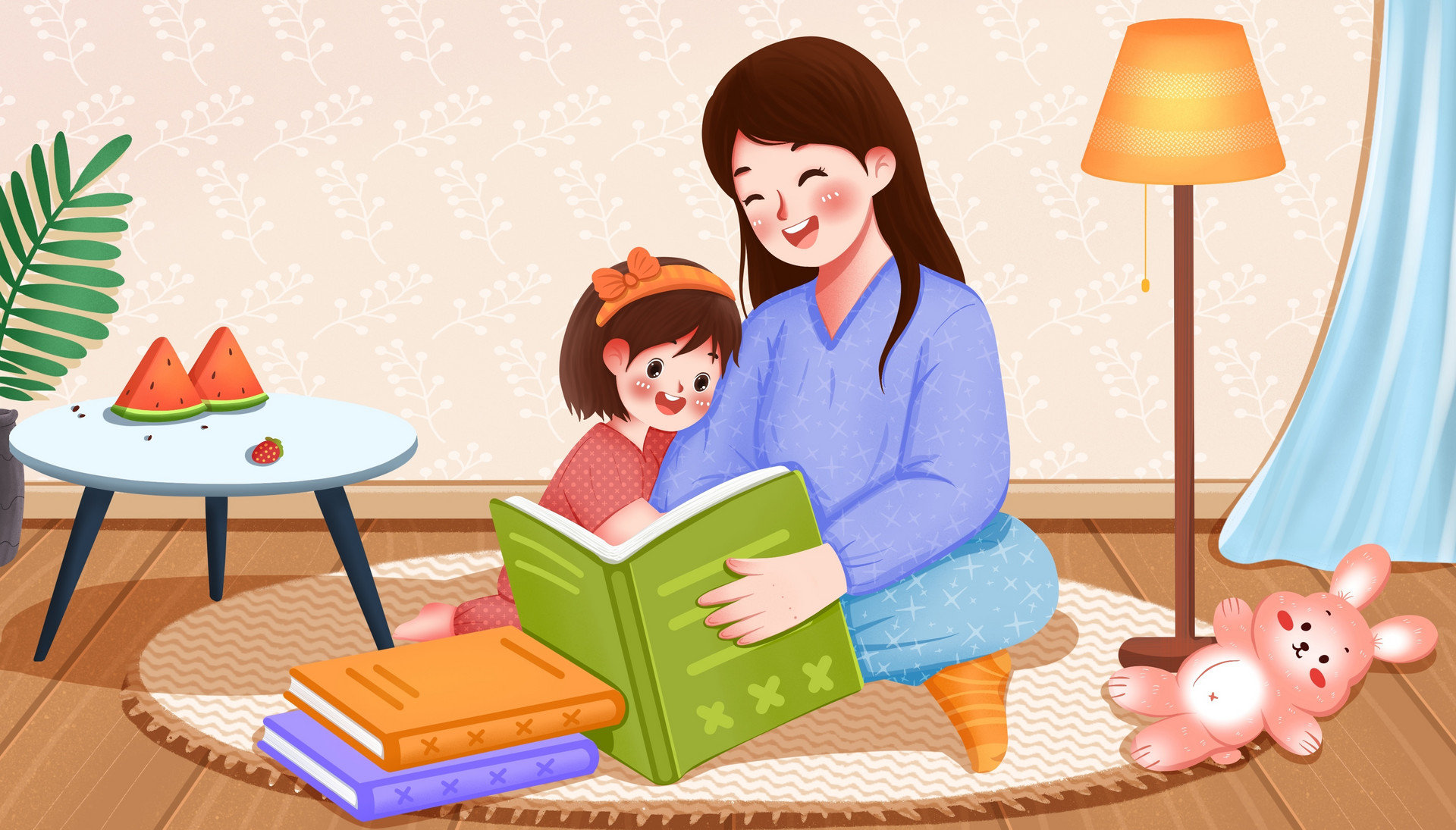There is a folk taboo about "pregnant women should not eat rabbit meat". Recently, there have been reports that in a certain place, the family was worried that the pregnant woman's consumption of rabbit meat would cause the fetus to have cleft lip, almost leading to forced abortion. There is a misunderstanding between eating rabbit meat and cleft lip, which is a misinterpretation of the mechanism of cleft lip and a misinterpretation of the health benefits of rabbit meat for pregnant women.
"Cleft lip", medically known as cleft lip and palate, is the most common congenital malformation of the oral and maxillofacial region. On average, about 1 in 1000 babies are born with cleft lip and palate. This congenital malformation is mainly caused by facial development disorders in the early stages of pregnancy due to certain pathogenic factors. Currently, medical research suggests that possible pathogenic factors include: 1. Genetic factors: about 20% of children with cleft lip and palate have a family history. 2. Infection factors: maternal infection with viruses such as influenza, rubella, or certain injuries during early pregnancy. 3. Nutritional factors: vomiting and selective eating during pregnancy leading to deficiencies in vitamins A, E, and trace elements. 4. Improper medication: taking sedatives, antihistamines, and antiepileptic drugs during pregnancy. 5. X-ray radiation: maternal exposure to high-dose X-ray during pregnancy.
None of the above factors have any relation to whether pregnant women eat rabbit meat or not. On the contrary, rabbit meat is a good supplement for women during pregnancy. Rabbit meat is high in protein, lysine, and lecithin, low in fat, cholesterol, and calories, making it a nutritious food with "three highs and three lows". It is beneficial for maintaining the nutrition of pregnant women and fetuses without causing postpartum obesity. About 1600 milligrams of lecithin can be found in every 100 grams of rabbit meat. Lecithin is an essential nutrient for the development of brain nerve cells, which promotes the development of the fetal brain and has a positive effect on brain development. Rabbit meat is rich in B vitamins, especially niacin. It not only promotes the conversion and synthesis of other nutrients but also eliminates dermatitis, prevents rough skin, and keeps the skin smooth and tender. Rabbit meat is rich in trace elements such as zinc, cobalt, and manganese, especially calcium, making it an excellent choice for calcium supplementation for pregnant women. It helps maintain the healthy growth of fetal bones, as well as the mother's bones and body fluids. Rabbit meat contains a lot of iron, making it particularly suitable for pregnant women who need iron supplementation, and can be called a "blood supplement food".
In traditional Chinese medicine, pregnant women are prone to blood deficiency, Qi deficiency, and Yin deficiency. Rabbit meat has a cooling nature and has the effects of nourishing Yin and blood, tonifying Qi and the middle, and nourishing the kidneys and skin, which helps maintain the balance of Yin and Yang in pregnant women's bodies. Through generations of clinical verification, no phenomenon has been found that eating rabbit meat leads to cleft lip in newborns. In Mediterranean coastal countries in Europe, rabbit meat is often chosen as a special supplement for pregnant women.
Preventing cleft lip is not about avoiding eating rabbit meat, but rather about avoiding the above-mentioned possible pathogenic factors during the early stages of pregnancy, usually during the 2nd to 3rd month of gestation. It is advocated to promote eugenics and prohibit close relatives from marrying. Cleft lip can often be detected through prenatal screening using ultrasound. If a baby with cleft lip is born, it is not a problem as long as they are carefully cared for and undergo timely surgical treatment. They can grow up to be a healthy and beautiful child.





